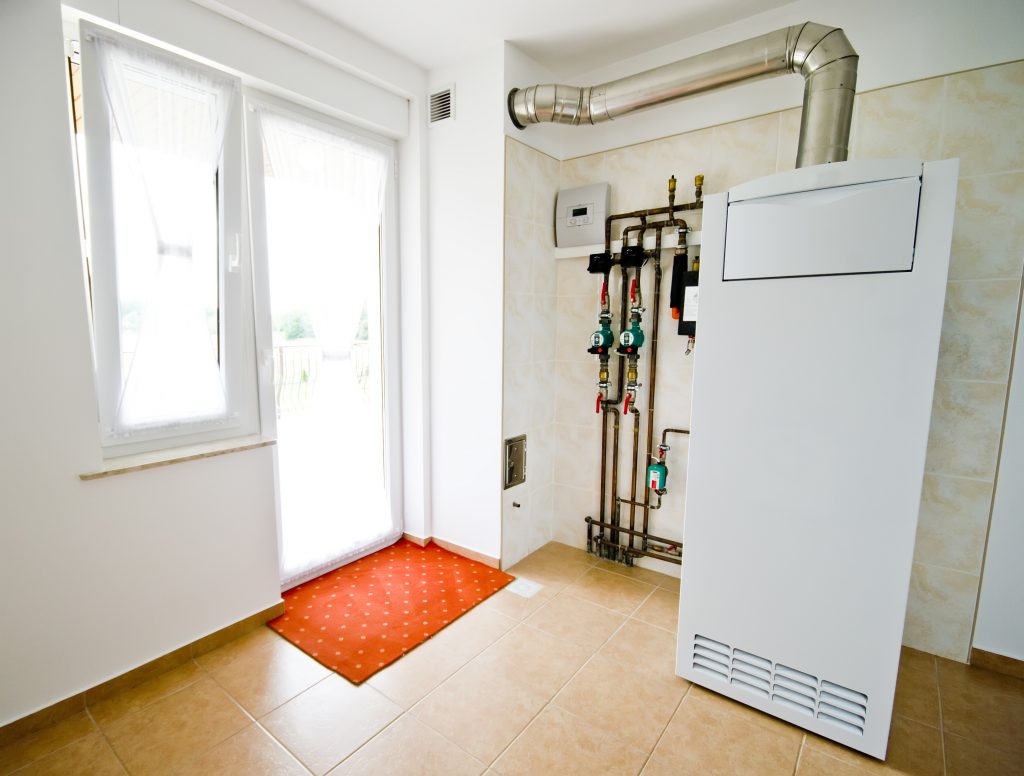
If you’re thinking about switching to gas heating, you may have questions. Gas heating is very different from electric heating, and it has its own unique pros and cons. Before making the switch, you want to know what to expect. Gas heating is great for many families, but you have to decide if it’s the right choice for your needs.
Our team is here to help. We can assist with anything from installation to heating maintenance in Montgomery County. If you have questions about switching to gas heating, give us a call. In the meantime, you can keep reading to learn more about the benefits and risks of having a gas heater.
Pros of Gas Heating
One of the biggest benefits of a gas furnace is that your home heats up faster than with an electric heating alternative. A gas furnace can reach its maximum temperature as soon as the burners turn on. An electric furnace takes longer to heat up.
Gas heat is also much more cost efficient compared to heating your home with an electric heater. Because gas heaters warm up quicker, the systems don’t have to run as long. In fact, you can save on average half over your current heating bills with a gas heater. This can make a big difference, especially in colder climates when your heater is running around the clock to keep your home warm.
Many homeowners think that installing a gas heater will be a big project. But that isn’t necessarily true. Gas furnaces are very adaptable and can connect right into your existing HVAC system. The biggest part of the project may be running gas lines if you don’t already have them in your home.
Cons of Gas Heating
One major downside of a gas-powered heater is that the upfront installation is more expensive. If you want to invest in a gas heater, you can expect to spend more upfront compared to installing an electric heater. Of course, you want to keep in mind that you will be saving on your monthly energy bills. It may be that over time, the costs even out and you may even save money in the long run.
You can also expect your gas heater to have a shorter lifespan than its electric counterpart. Gas heaters usually last for 15 to 20 years while an electric heater lasts for 20 to 30 years. Keep in mind that in both cases, you have to invest in regular maintenance and take care of your heater for it to last that long.
Since gas heaters use combustion, the maintenance also has more requirements. You want to prevent carbon monoxide leaks, so gas heater maintenance requires regular inspections. Where you may be able to skip out on heating maintenance for your electric heater or at least postpone it, you don’t want to do that for your gas heater because of safety concerns.
Carney Plumbing Heating & Cooling does what’s right for our customers. Schedule an appointment today for heating services.

